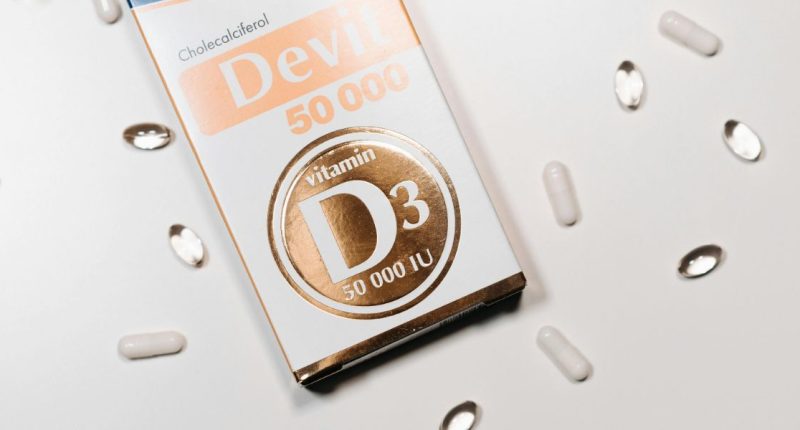People who take a vitamin D2 supplement may inadvertently be lowering their vitamin D3, a type of vitamin D that is most effective in helping to prevent viruses and bacteria taking hold in the body.
Many people in the UK take a vitamin D supplement to boost their immunity, particularly during the winter months when they are exposed to less sunlight. The UK government says that people should be getting 10 micrograms each day.
However, new research has found that vitamin D2 supplements can actually lower levels of vitamin D3, the form we naturally produce through sunlight exposure and what our bodies use most effectively to boost overall vitamin D levels.
- Type 2 diabetes risk not lowered by high-dose vitamin D supplements
- Vitamin D associated with good type 2 diabetes management
Researchers examined data from controlled trials and found that taking vitamin D2 led to a reduction in vitamin D3 levels, in comparison to people who did not take the supplement. Most notably, it was common for the vitamin D3 levels to go to a lower level than in the control group.
Lead researcher Emily Brown, PhD Research Fellow from the University of Surrey, said: “Vitamin D supplements are important, especially between October and March, when our bodies cannot make vitamin D from sunlight in the UK.
“However, we discovered that vitamin D2 supplements can actually decrease levels of vitamin D3 in the body, which is a previously unknown effect of taking these supplements.
“This study suggests that subject to personal considerations, vitamin D3 supplements may be more beneficial for most individuals over vitamin D2.”
The team called for plant-based vitamin D3 to be accessible in the UK.
The findings follow previous research by Professor Colin Smith, which highlighted that vitamin D2 and D3 may not have identical roles in boosting immune function and that vitamin D3 has an adjusting effect on the body’s immune system that could strengthen its fight against viral and bacterial diseases.
Professor Smith said: “We have shown that vitamin D3, but not vitamin D2, appears to stimulate the type I interferon signalling system in the body — a key part of the immune system that provides a first line of defence against bacteria and viruses.
“Thus, a healthy vitamin D3 status may help prevent viruses and bacteria from gaining a foothold in the body.”
Read more in Nutrition Reviews









